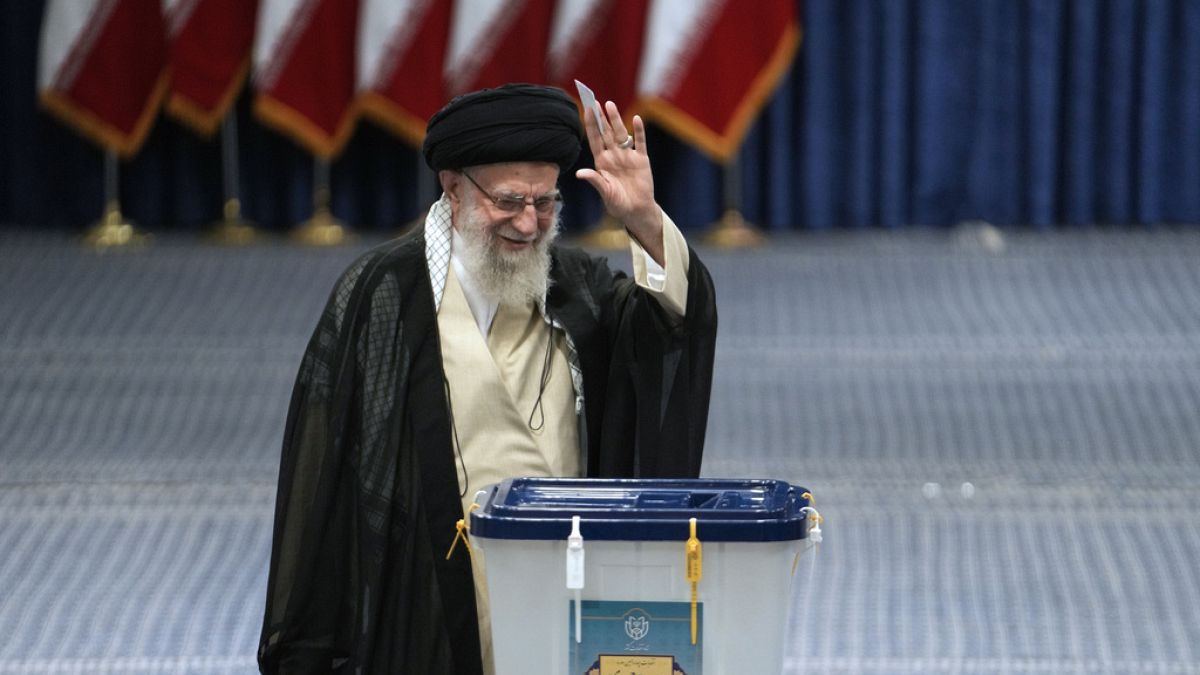Iran held a runoff presidential election to replace the late hard-line President Ebrahim Raisi. The initial vote did not see any candidate securing an outright win, so a runoff was necessary. Reformist candidate Masoud Pezeshkian faced off against hard-line former nuclear negotiator Saeed Jalili in the runoff election. The results of the initial vote were announced during a news conference, with Pezeshkian receiving 10.4 million votes and Jalili garnering 9.4 million votes. Mohammad Bagher Qalibaf and Mostafa Pourmohammadi also received significant votes.
Iranian law stipulates that a candidate must secure over 50% of all votes cast to win the election. If this requirement is not met, the top two candidates proceed to a runoff the following week. Historically, Iran has only had one runoff in 2005. Once a new leader is chosen, the Guardian Council, a 12-member council, must formally approve the results. The recent election saw a voter turnout of 40%, the lowest figure since the Islamic Revolution in 1979, indicating that many Iranians are disenchanted with the lack of democracy in the country.
Critics argue that Pezeshkian represents another government-approved candidate, as seen in a state TV documentary where a woman expressed animosity towards the government similar to that of Pezeshkian’s generation during the 1979 revolution. The election did not allow women and advocates for radical change to run for office and had no oversight from internationally recognized monitors. Calls for a boycott were made by imprisoned Nobel Peace Prize laureate Narges Mohammadi and Mir Hossein Mousavi, a leader of the 2009 Green Movement protests.
The late President Ebrahim Raisi, a key figure in Iranian politics and a potential successor to Iran’s Supreme Leader Ayatollah Ali Khamenei, died in a helicopter crash. Raisi was known for his role in the 1988 mass executions and bloody crackdowns on dissent in Iran. His death necessitated the election to find a new leader for the country. The election’s results and the process leading up to the runoff have raised concerns among critics, activists, and observers both within and outside Iran.
Overall, the recent Iranian presidential election runoff saw reformist Masoud Pezeshkian face off against hard-liner Saeed Jalili. The election followed the death of the late President Ebrahim Raisi, who was a key figure in Iranian politics. The runoff was necessitated after no candidate secured over 50% of the initial vote cast. The election process has raised concerns regarding the lack of democracy, restrictions on candidates, and oversight issues. It remains to be seen how the newly elected leader will address the challenges facing Iran in terms of governance, human rights, and international relations.










